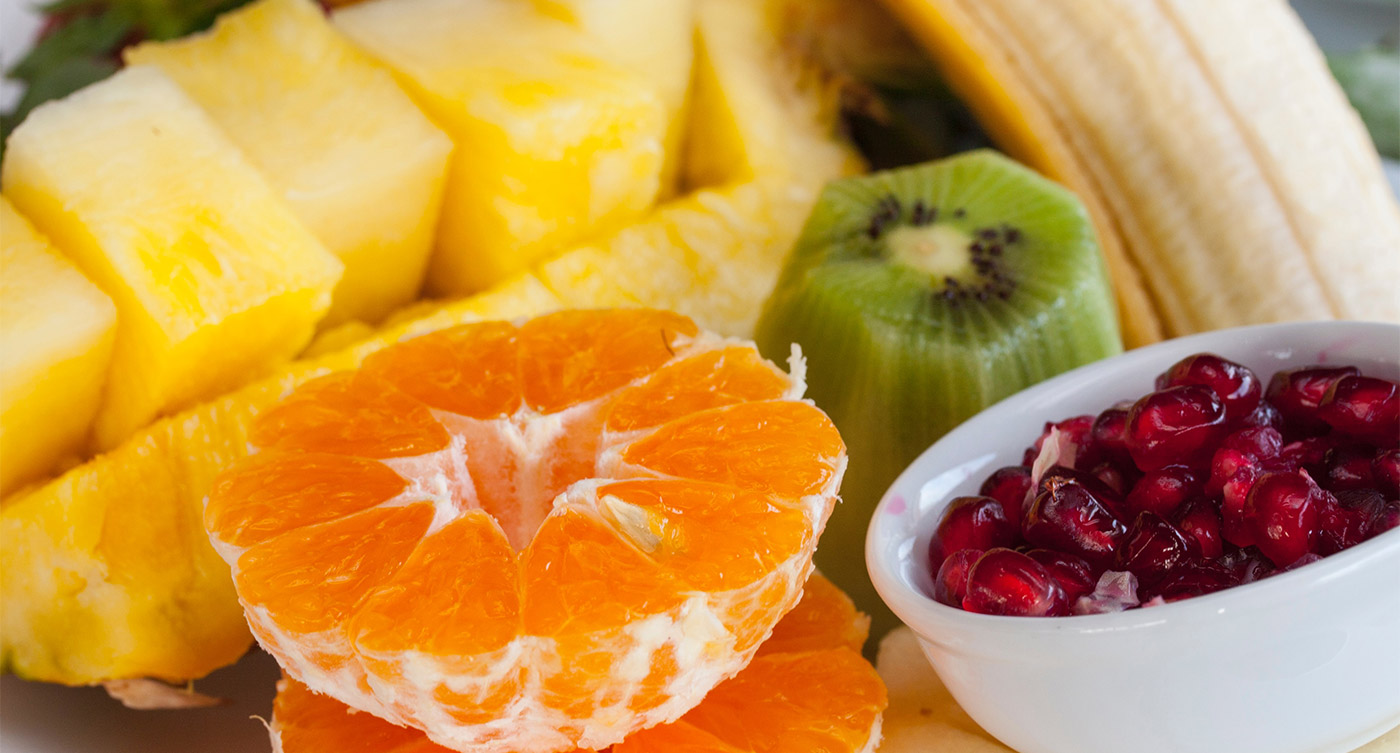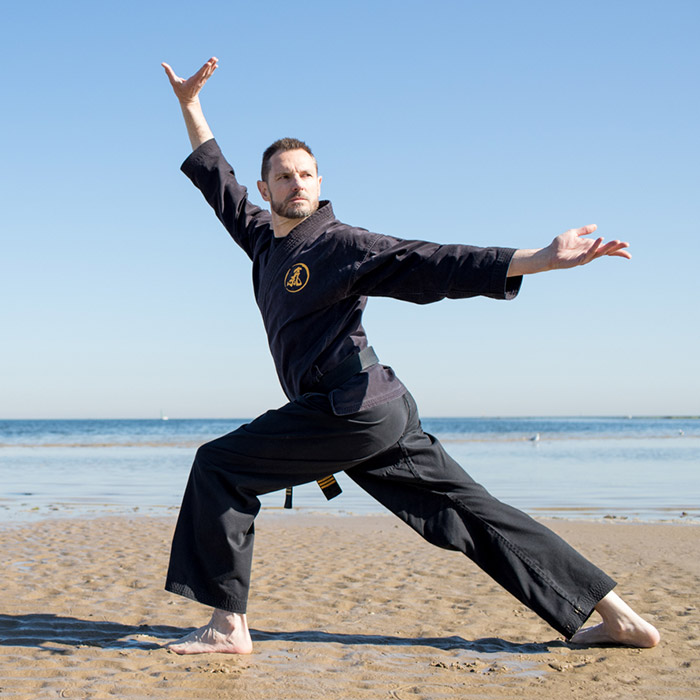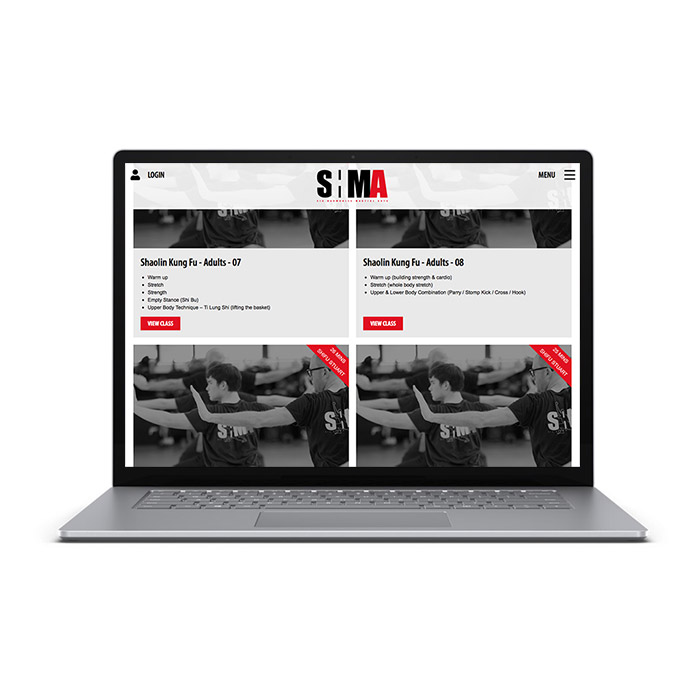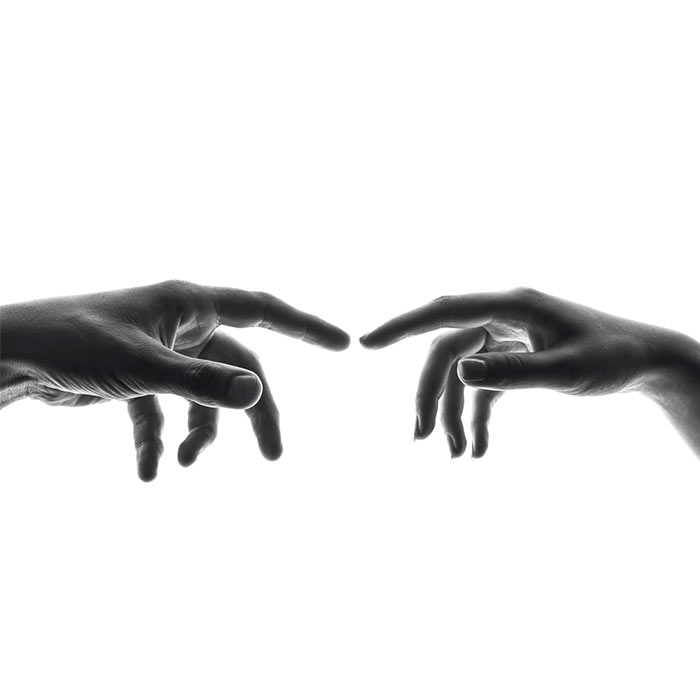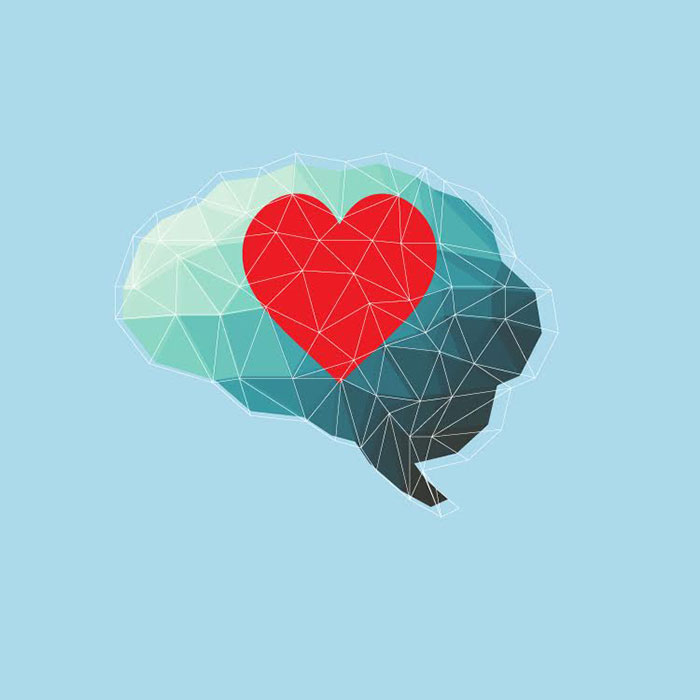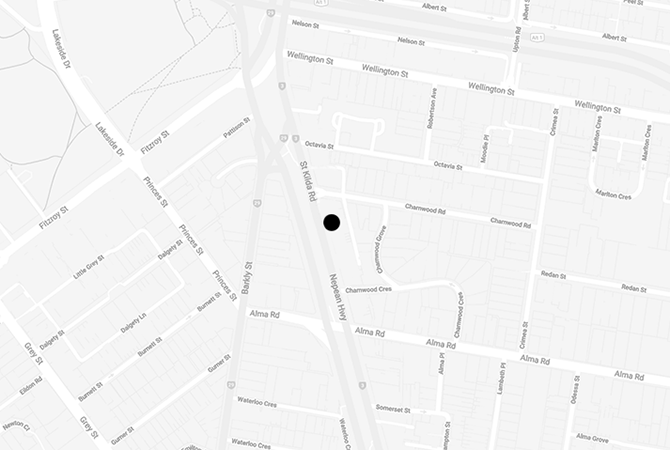The season of Summer is filled with abundant energy, long days and plenty sunshine. This is the most yang time of year. Summer is about expansion, growth, activity and creativity.
- Element: Fire.
- Color: Red.
- Nature: Yang.
- Organs: Heart, Small Intestine.
- Emotion: Joy.
The Fire Element
Summer is the season of yang, a time when the body undergoes vigorous metabolic (body energy) processes. Several thousand years ago, The Medical Classic of the Yellow Emperor put forth the principle that one should cultivate the yang energy in spring and summer, while protecting the yin energy in autumn and winter.
Traditional Chinese Medicine teaches us that summer belongs to fire, one of the five elements. Fire is symbolic of maximum activity or greatest yang, which means that it is a time of heat, moving outward in nature and in our lives. In human anatomy, the heart, mind, and spirit are ruled by the fire element. Thus, top priority should be given to the heart, mind, and spirit for staying healthy in summer.
Live Life to the Fullest
The heart’s main function is to pump oxygen-rich blood through the body. In Chinese medicine, mental activity is associated with the heart and therefore our memory, thought processes, emotional well-being, and consciousness are also attributed to the heart and fire element. This is a time to nourish and pacify our spirits, and to realize our life’s greatest potential as we find joy in our hot summer days and warm summer nights.
When the fire element is in balance, the heart is strong and healthy, the mind is calm and sleep is sound. When the fire element is imbalanced, we may either lack joy (depression) or have an excess of joy (mania). Indicators of an imbalance in the fire element include agitation, nervousness, heartburn, and insomnia.
Tips for Summer Health
To prevent summer ills and remain in harmony with the environment of summer, ancient Chinese physicians advised:
- Awaken earlier in the morning.
- Go to bed later in the evening.
- Rest at midday.
- Drink plenty of fluids.
- Add pungent flavors to your diet.
- Refrain from anger; keep calm and even-tempered.
Salad Days: Eating Under the Sun
In summer, indigestion can easily occur, so a light and less-greasy diet is strongly recommended. It is the perfect season to introduce some cool, yin foods into your diet. Chinese nutrition classifies food according to its energetic qualities of temperature, taste, and ability to moisten and strengthen the body. Food with cool and cold properties can clear heat, reduce toxins, and generate body fluids.
In general, cooling foods tend towards the green end of the spectrum – lettuce, cucumbers, and watercress are some of the coolest. Few vegetables are warming. Fish and seafood are also cooling, while most meats are warming.
Here are some suggestions to keep you cool and balanced all summer long. These fruits and vegetables will help your body adjust its temperature and protect you during the long, hot summer days:
- Watermelon
- Apricot
- Cantaloupe
- Lemon
- Peach
- Orange
- Asparagus
- Sprouts
- Bamboo
- Bok Choy
- Broccoli
- Chinese Cabbage
- Corn
- Cucumber
- White mushroom
- Snow peas
- Spinach
- Summer squash
- Watercress
- Seaweed
- Mung means
- Cilantro
- Mint
- Dill
Some other helpful tips for the summer season:
- Keep a pitcher of water with slices of lemon and cucumber with you and sip it throughout the day.
- Eat in moderation. Over consumption of any food, especially cooling foods, can lead to indigestion, sluggishness and possibly diarrhea.
- Do not leave your food out for too long. The hot weather tends to increase food spoilage.
- Stay away from dairy, heavy, greasy, and fried foods.
Yintang – The third eye point
Acupuncture has been found to be helpful with all types of emotional and mental disorders, from stress and anxiety to schizophrenia. Often used for such treatments is Yintang, a point located between the eyebrows – sometimes referred to as “the third eye.”
The Chinese translation for the acupuncture point, Yintang, is “hall of impression”. “Hall” is defined as a corridor or passageway, or the large entrance room of a house. An “impression” is defined as a strong effect produced on the intellect, emotions, or conscience. Thus, Yintang is the entrance or passageway to the mind.
“Hall of impression” is an appropriate name for this powerful point, which is used to calm the mind, enhance one’s ability to focus, soothe emotions, promote sleep, and relieve depression.
